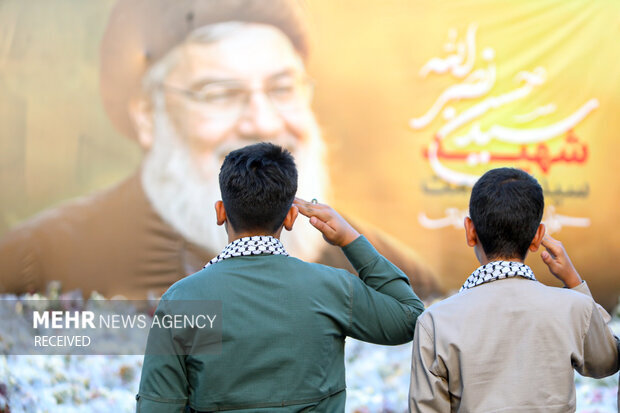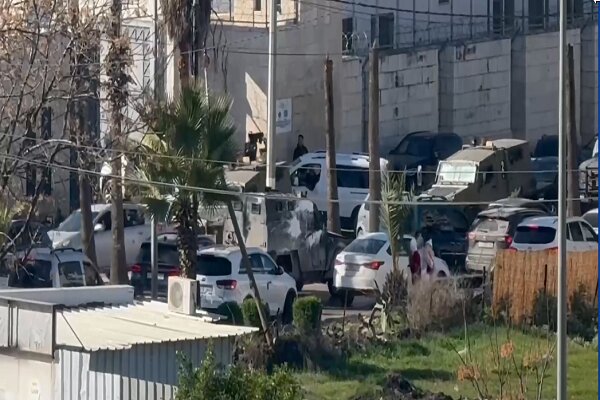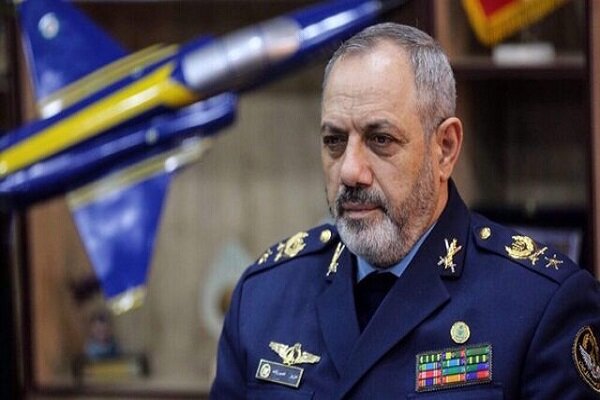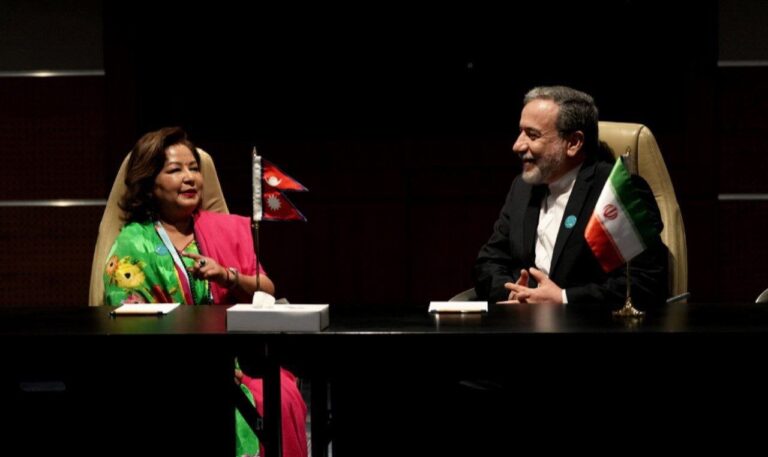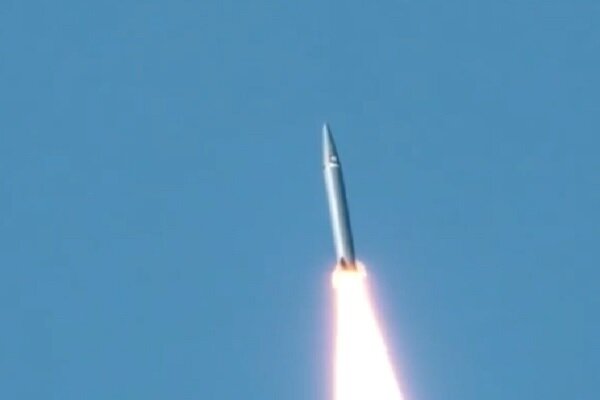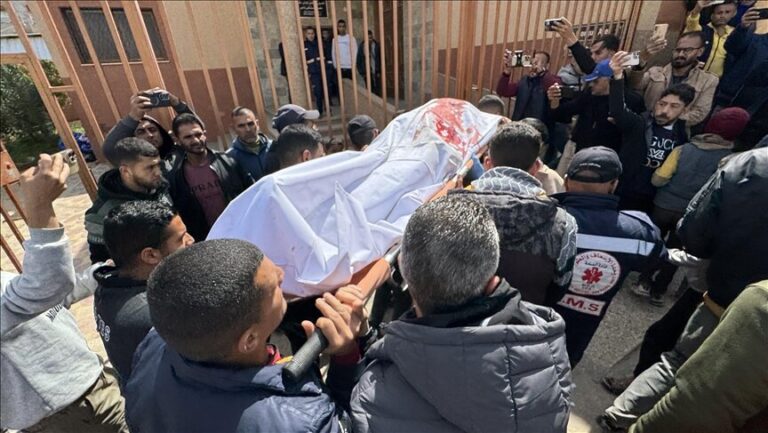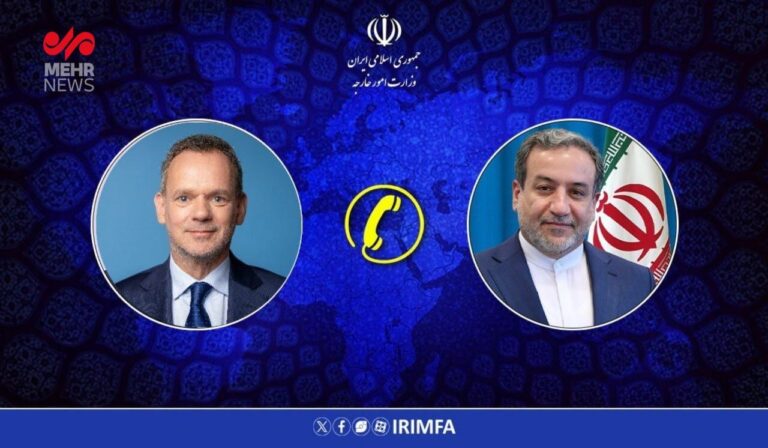Iranian Delegation Set to Attend Nasrallah’s Funeral: A Significant Diplomatic Gesture
The upcoming funeral of former Hezbollah Chief Sayyed Hassan Nasrallah is set to take place in Beirut on February 23, generating significant attention in the region. This solemn event follows a tragic incident that has deeply impacted the Lebanese community and Hezbollah supporters worldwide.
Recently, Sheikh Naim Qassem, the Deputy Secretary General of Hezbollah, addressed the public during a televised speech, confirming the details of the funeral ceremony for both Sayyed Hassan Nasrallah and another prominent leader, Safieddin. In his remarks, he emphasized the importance of a strong response from the Lebanese state against Israeli aggression and violations.
Here are some key points regarding the funeral and its implications:
- Date of the Funeral: February 23, in Beirut.
- Key Figures: Sayyed Hassan Nasrallah and Safieddin will be honored.
- Addressing Aggression: Sheikh Qassem’s call for a firm response to Israeli actions.
Sayyed Hassan Nasrallah, the Secretary General of Hezbollah, was tragically martyred in an Israeli airstrike that targeted residential buildings in Beirut’s southern suburb of Dahiyeh on September 28. This incident has heightened tensions in the region and prompted discussions about security and sovereignty.
The Israeli airstrike not only resulted in the loss of a significant leader but also raised concerns about the safety of civilians in densely populated areas. Hezbollah’s leadership has reiterated the need for unity among its supporters and for a collective response to ongoing threats.
In response to the recent escalation, Sheikh Qassem remarked, “We must confront any act of aggression with strength and determination.” This statement underscores Hezbollah’s commitment to defending Lebanon’s sovereignty and the rights of its people.
The funeral is expected to attract a large number of attendees, including supporters, political figures, and representatives from various factions within Lebanon. The event will serve as a platform for expressing solidarity and mourning the loss of a key figure in the resistance movement.
As preparations for the funeral continue, the security situation in Beirut is under close observation. Authorities are taking measures to ensure the safety of attendees and to manage any potential unrest that may arise during the event.
The atmosphere in Lebanon is charged with emotion as people reflect on the legacy of Sayyed Hassan Nasrallah. Many view him as a symbol of resistance against foreign intervention and a champion of Lebanese sovereignty.
In the wake of his passing, discussions about the future direction of Hezbollah and its role in Lebanese politics are already underway. Analysts are speculating on how the organization’s leadership will adapt to this significant loss and what that means for the broader geopolitical landscape.
Hezbollah has historically played a pivotal role in Lebanese politics and has been a formidable force in the region. With Sayyed Hassan Nasrallah’s contributions to the movement, the organization has gained both local and international recognition.
Moreover, the relationship between Hezbollah and the Lebanese state will be under scrutiny as the funeral approaches. Observers are keen to see how the Lebanese government will respond to the ongoing challenges posed by Israel and the implications of Nasrallah’s leadership for the future of the resistance.
As the date of the funeral draws near, many are reflecting on the challenges that lie ahead for Lebanon. The loss of such a prominent figure raises questions about the continuity of leadership within Hezbollah and the potential shifts in strategy that may follow.
In conclusion, the funeral of Sayyed Hassan Nasrallah on February 23 in Beirut is not just a moment of mourning but also a significant event that could shape the future of Lebanon and its resistance movements. As the community prepares to pay its respects, the world watches closely to gauge the potential impact on regional stability and the ongoing struggle for sovereignty.
